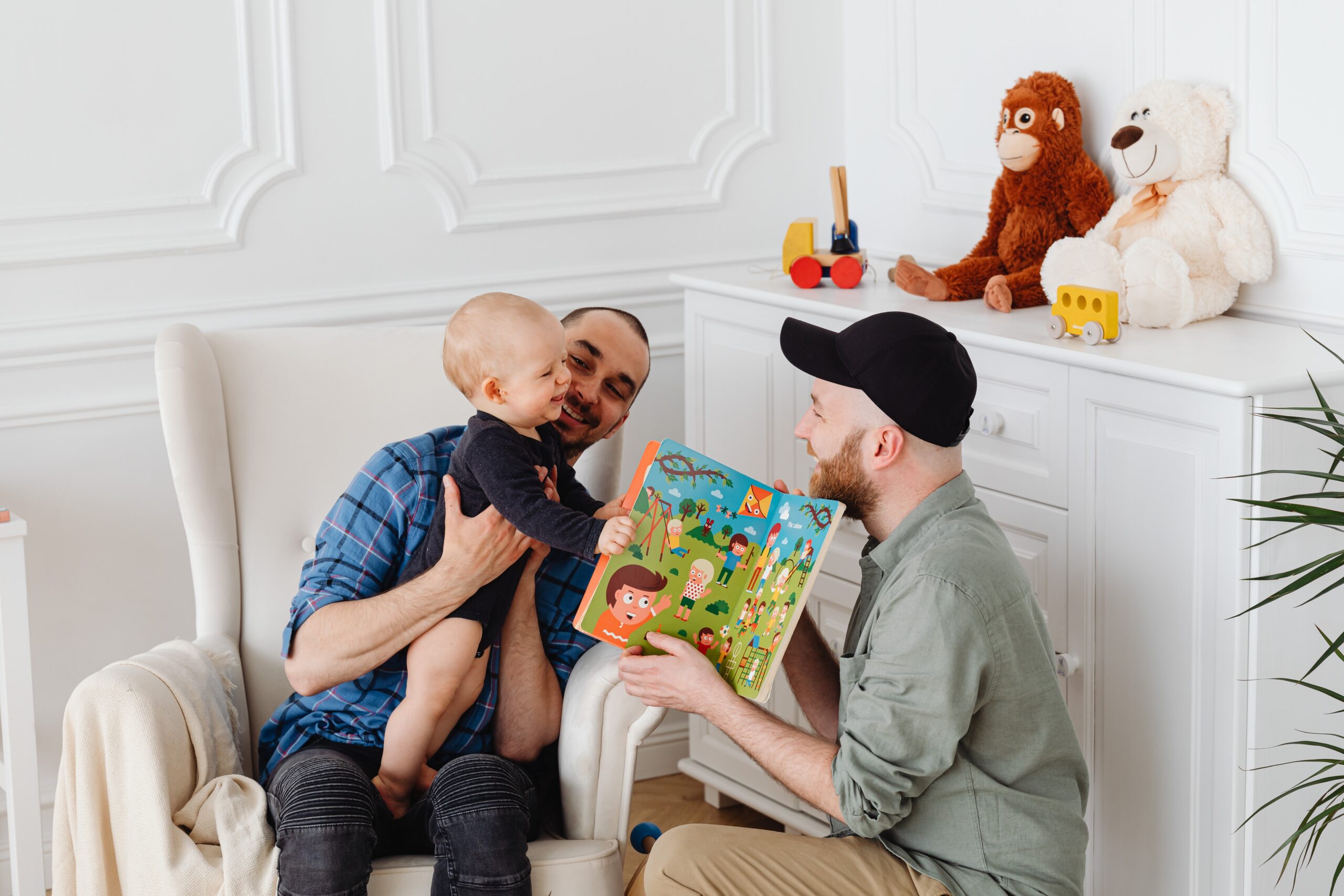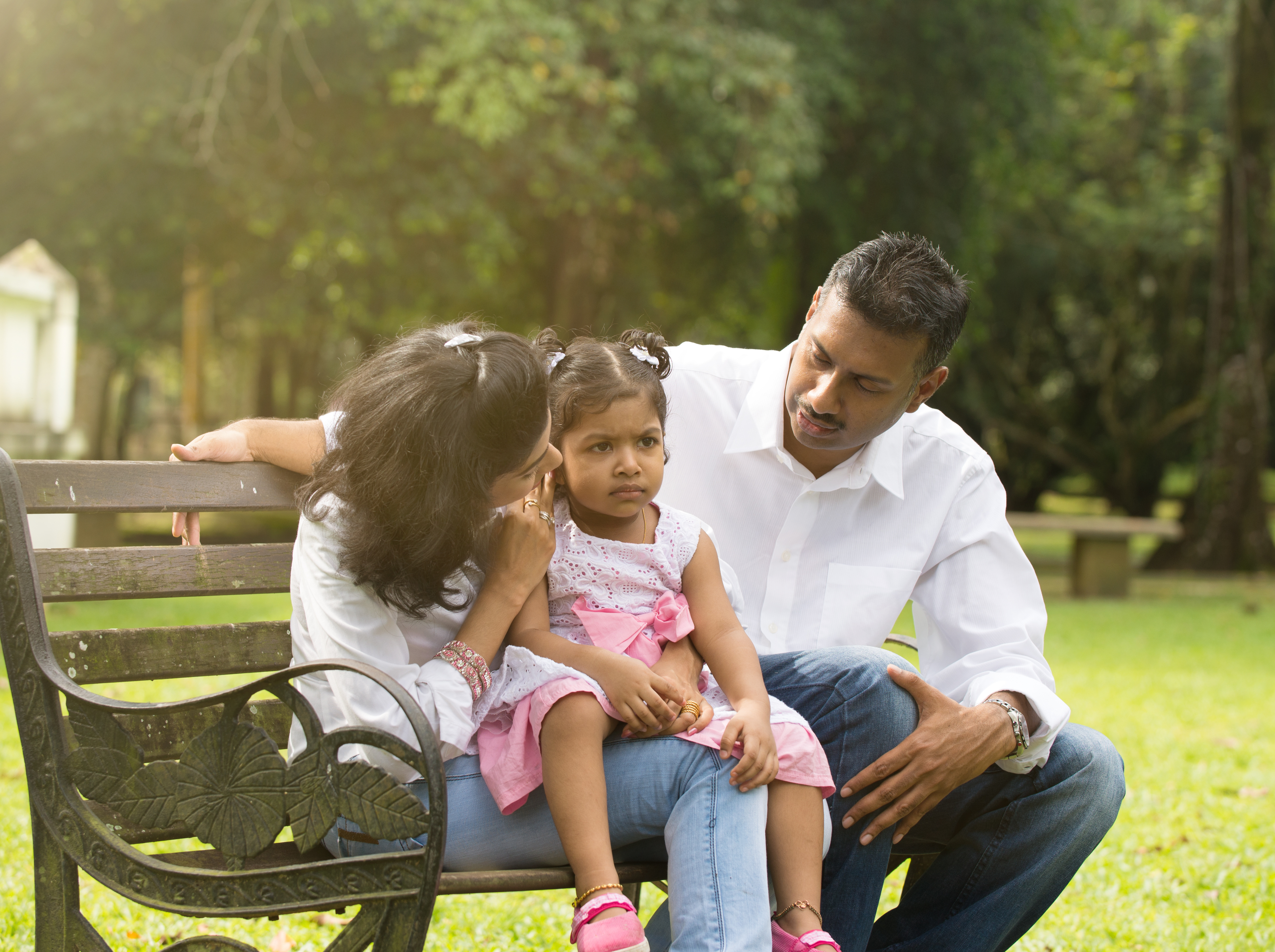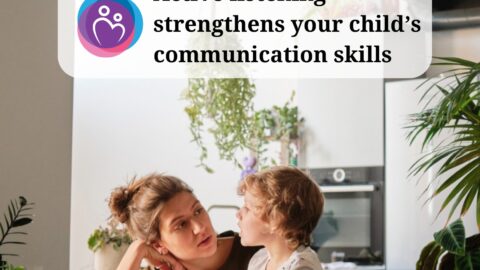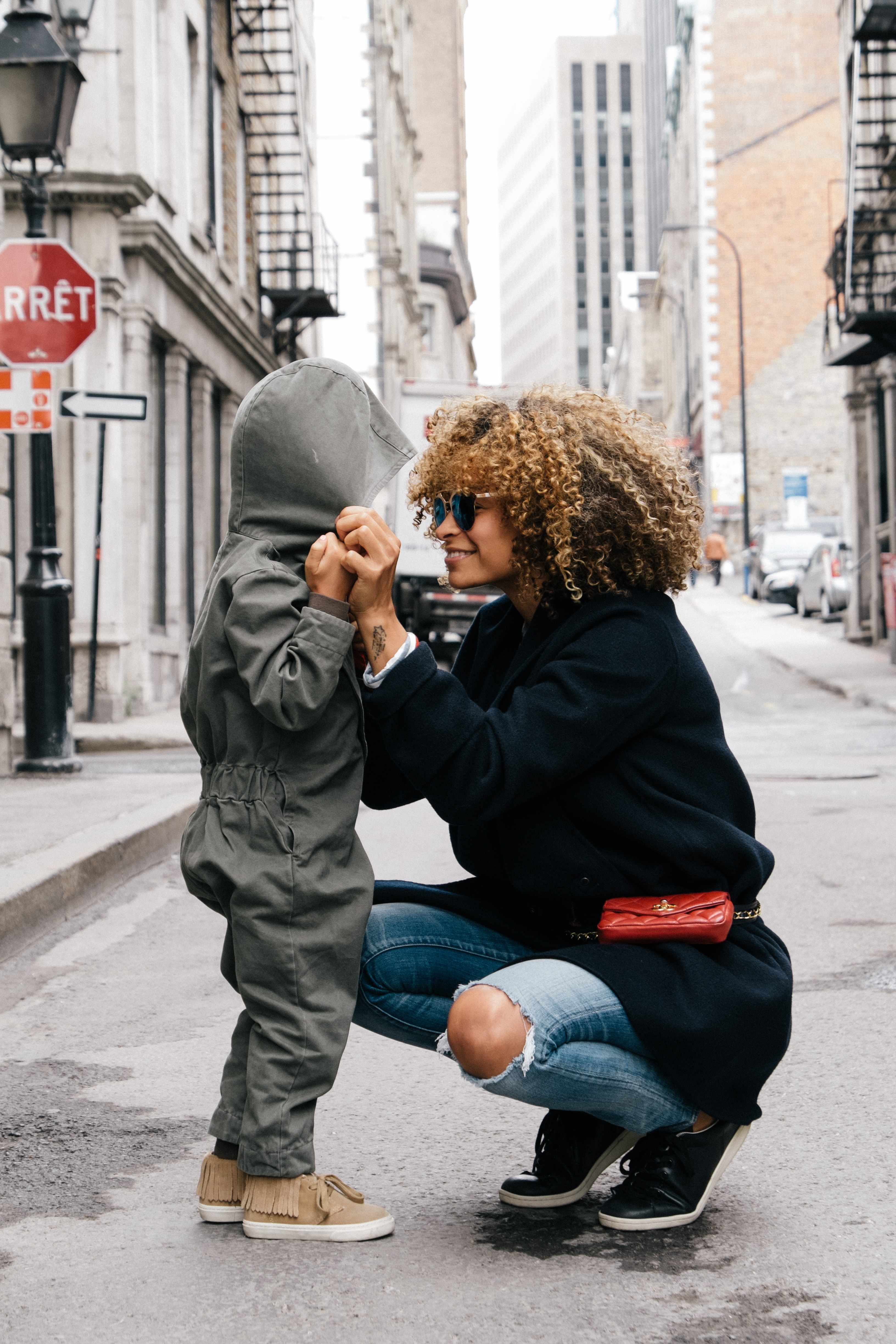
Do you wish yourself and your partner (or ex partner as the case may be) could work together as a team to better manage parenting challenges? Do you tense up fearing that it’s going to end in conflict?
In this post, I’m sharing a process that many parents and caregivers have found incredibly helpful. It’s been developed for parents (or caregivers needing to work together in caring for children) who regularly get into a disagreement about how to deal with certain behaviours or patterns. Discussions about dealing with parenting challenges should lead to both parties feeling supported and that the burden is being shared.
For this exercise, both parents (or caregivers) will need some paper and a pen and to answer the following questions. At the end, you can take turns hearing what the other has written and acknowledging their thoughts.
You can be clear if you don’t agree but still show that you’re working hard to understand and acknowledge the other’s perspective. For instance, “I don’t agree that my role and responsibility is to ….. but I hear and understand that you wish that I would do more … and less ….”.
Your concerns
- When this incident happened (or when this common pattern happens), my biggest concern about it is…
- Other concerns I hold about this incident/pattern are…
- Looking at this incident/pattern within the context of past incidents, brings up the thoughts that… and the feelings of…
Your greatest hopes for positive change
- When this incident or pattern happens, it reminds me that my greatest hope for positive change is that my child will choose to … or get better at … or feel ….
- When this incident or pattern happens, what I view to be the blocks/challenges that get in the way of my co-parent and I working constructively together as a team is the pattern of…
- For example, when … (reminder to be specific and to avoid assumptions of intention or character judgments e.g. “you don’t care …”, “you’re such an aggressive person that…”)
- When this incident/pattern happens, what sometimes works well in helping us work constructively together as a team is…
The vision/hopes that I’m holding for myself in contributing towards positive change are ….
For instance: “I’m hoping that we can help our child learn to better identify/express/manage… So that instead of them getting into the old negative pattern of… instead they would…”
For that positive change to happen, I see my role and responsibility to be…
What you most want/need from your partner in these incidents
- For that positive change to happen, I see my partner’s role and responsibility to be… (which they may or may not agree with)
- For positive change to happen, what I most need from my co-parent is…
What my partner most needs from me
- For positive change to happen, I imagine that what my partner most needs from me is…
- For positive change to happen, what my partner describes to me that he/she most needs from me is… (to answer when all other questions have been answered on paper/document and read out to each other in turn).
Beginning to bring all the information together
Get a large piece of paper and write down on it everything from the written information and the following discussion that you both can agree on.
For instance, “we both agree that we share the hope and vision of our child better managing/expressing/identifying…”, or “we both agree that we both want our child to feel supported and cared about even when they…”.
Co-creating a plan
Work together to avail yourself of all the collective information from your own and your co-parent’s answers. This will enable you to co-create a constructive plan on how to deal with these situations that you are both happy to agree to.
You’ll need a plan for what you can both do more or less of to help prevent these incidents/patterns from reoccurring. You’ll also likely need a plan for how these situations can be responded to, in the moment, in a more constructive way.
Draw on the Centre, Connect, Communicate model
This makes sure both co-parents are taking responsibility to centre themselves, connect with their child, and hopefully maintain the connection with each other as co-operative, caring, compassionate teammates. Keep in mind that you’re aiming to communicate with your child in a way that’s neither authoritarian nor permissive, neither demanding nor dismissive/minimizing. And in a way that helps your child better manage their emotions and then (when calmer) think through the situation in a constructive manner to identify what might have worked better or how a similar situation could be dealt with better in the future.
Genevieve Simperingham is a Psychosynthesis Counsellor, a Parenting Instructor and coach, public speaker, human rights advocate, writer and the founder of The Peaceful Parent Institute. Check out her articles, Peaceful Parenting eCourses, forums and one-year Peaceful Parenting Instructor Training through this website or join over 90,000 followers on her Facebook page The Way of the Peaceful Parent.








